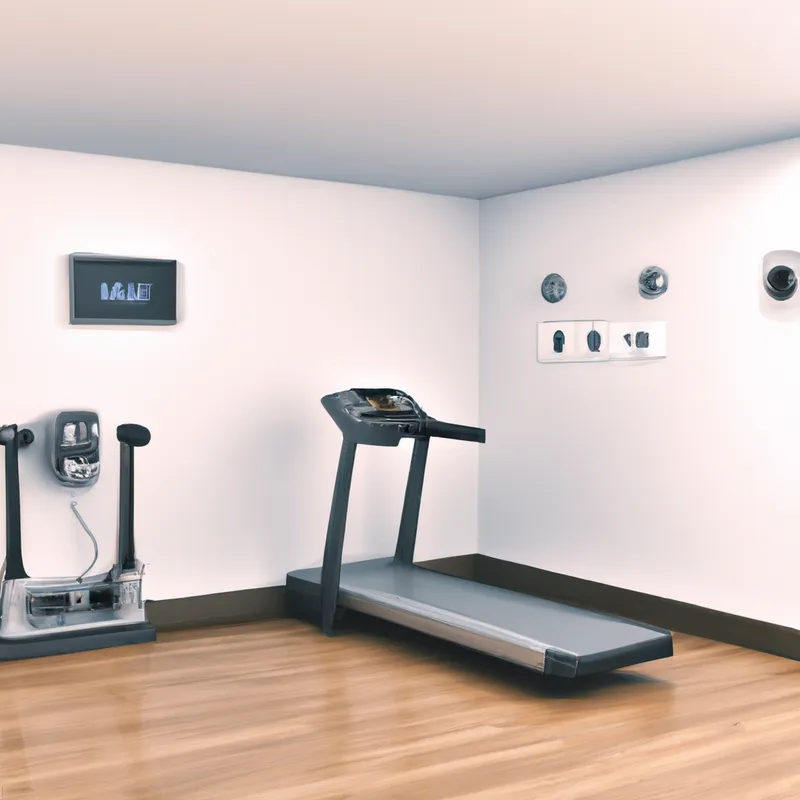Simplify Your Smart Gym IoT Install Process
The Challenges of Setting Up IoT in Smart Home Gyms
Smart home gyms gain popularity as technology evolves. They offer homeowners advanced workout spaces that promote fitness and wellbeing. The Internet of Things (IoT) allows these gyms to integrate smart devices, enhancing the fitness experience. However, setting up IoT in smart home gyms presents several challenges. Understanding these obstacles helps you design a seamless fitness environment.
Understanding IoT Technology
IoT technology connects devices to the internet, enabling communication and data sharing. In a smart home gym, this connectivity allows functionalities like tracking workout metrics. For example, a smart treadmill can sync with a fitness app to track distance, speed, and calories burned. This data proves invaluable for setting and achieving fitness goals.
Not all devices are compatible. You may face issues integrating devices from different brands or platforms. This fragmentation disrupts the experience. Additionally, many IoT devices require regular firmware updates. Manufacturers release updates to enhance functionality and security. However, these updates can render devices temporarily unusable, frustrating users eager to maintain fitness schedules.
Common Challenges in Setup
Setting up IoT in your home gym may present various challenges that hinder effective installation.
Connectivity Issues
Connectivity remains a significant concern. Most smart devices rely on Wi-Fi. Weak or inconsistent Wi-Fi signals cause devices to malfunction, leading to dropped connections. Consider investing in a mesh Wi-Fi system. Mesh systems provide broader coverage and stronger signals, ensuring reliable connections for all devices.
Device Compatibility
Device compatibility presents another persistent issue. Many manufacturers create proprietary protocols for their devices, causing incompatibility between brands. Even with the latest gadgets, they may not work together seamlessly. Before purchasing devices, research those known to work well together. Choose devices that support common standards like Zigbee or Z-Wave for better communication.
User Interface Complexity
User interfaces pose another hurdle during setup. Many smart devices come with apps for control and monitoring. However, these interfaces can overwhelm users with complexity and steep learning curves. Complicated navigation frustrates users, especially when making quick adjustments during workouts. Familiarize yourself with each app before workouts to save time and energy.
Conclusion
Understanding IoT challenges in smart home gyms helps you create effective workout environments. Prioritize compatibility, connectivity, and user-friendly interfaces to enhance your fitness experience.
Below are related products based on this post:
FAQ
What are the main challenges of setting up IoT in smart home gyms?
The main challenges include connectivity issues, device compatibility, and user interface complexity. Weak Wi-Fi signals can disrupt device functionality, while proprietary protocols may prevent devices from different brands from working together. Additionally, complex user interfaces can make it difficult for users to operate their devices effectively.
How can I improve connectivity in my smart home gym?
To improve connectivity, consider investing in a mesh Wi-Fi system. Mesh systems provide broader coverage and stronger signals, ensuring reliable connections for all your smart devices, which is essential for a seamless workout experience.
What should I look for in devices to ensure compatibility?
When selecting devices, research those known to work well together and support common standards like Zigbee or Z-Wave. This can help reduce compatibility issues, allowing for better communication between your smart gym equipment.















Post Comment